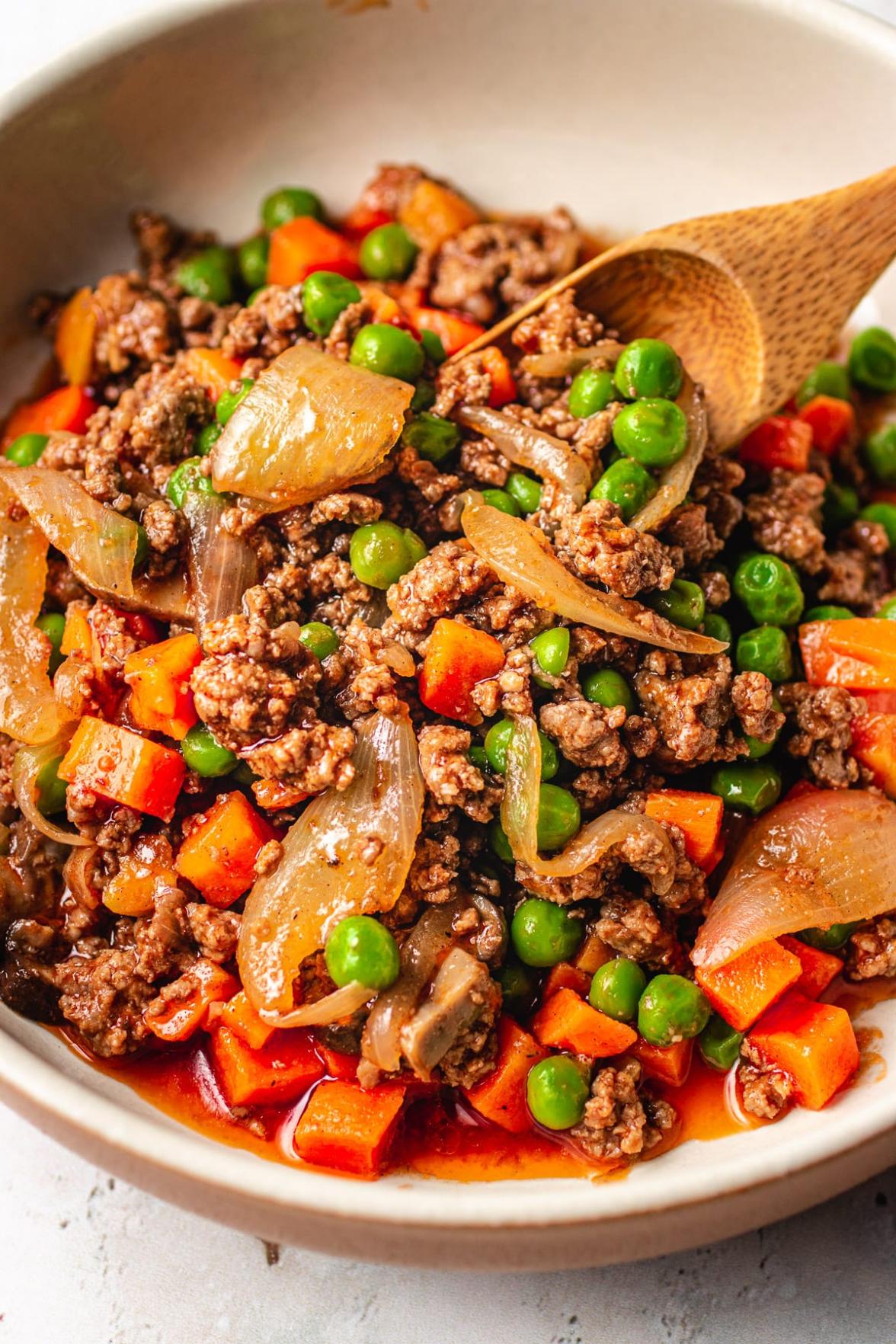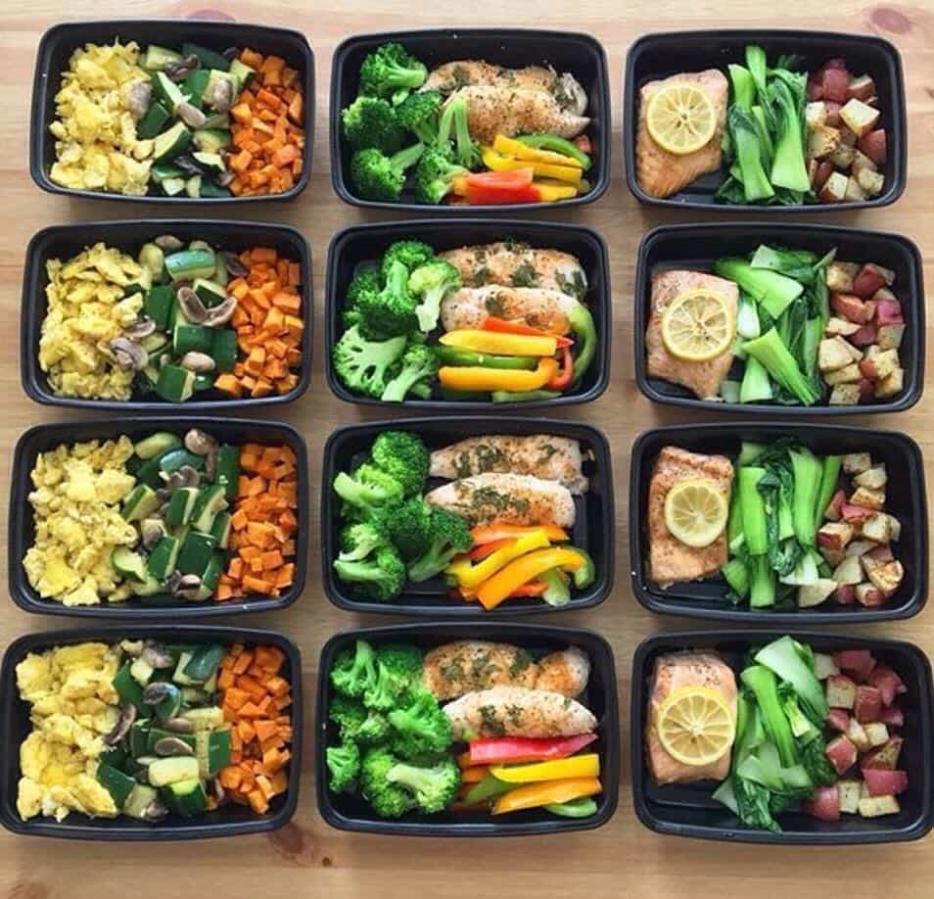What's the Difference Between a Recipe and a Meal Plan?
In the culinary world, recipes and meal plans are two essential tools for creating delicious and satisfying meals. While they share some similarities, they serve distinct purposes and offer unique benefits. Understanding the difference between the two can help you make informed decisions about how to approach your cooking and meal preparation.

Recipe: A Culinary Blueprint For A Single Dish
A recipe is a set of instructions that guides you through the process of preparing a specific dish. It typically includes a list of ingredients, measurements, and step-by-step instructions, along with additional notes or tips to ensure successful execution.
- Purpose: A recipe provides a structured approach to cooking a particular dish, ensuring consistent results and guiding even novice cooks through the process.
- Focus: Recipes focus on creating a single culinary creation, whether it's a main course, side dish, dessert, or beverage.
- Flexibility: Recipes offer less flexibility as they are designed for a specific dish, limiting the room for experimentation or substitutions.
- Time Commitment: Cooking a recipe typically requires a dedicated time slot, as it involves gathering ingredients, preparing them, and following the instructions.
Meal Plan: A Roadmap For Balanced And Organized Meals
A meal plan is a structured outline of meals over a period of time, typically a week or a month. It aims to provide balanced and nutritious meals that meet specific dietary needs or preferences, while also considering factors like time constraints and budget.
- Purpose: A meal plan helps individuals and families organize their meals, ensuring they have a variety of nutritious options available throughout the week.
- Focus: Meal plans focus on creating a series of meals that provide a balanced diet, taking into account nutritional needs, dietary restrictions, and personal preferences.
- Flexibility: Meal plans offer more flexibility as they allow for customization and adjustments based on preferences, availability of ingredients, and changing circumstances.
- Time Commitment: Meal planning involves ongoing effort, including shopping, preparation, and cooking, but it can save time in the long run by reducing last-minute decisions and impulse purchases.
Comparison Of Key Features: Recipe Vs. Meal Plan
To further illustrate the differences between recipes and meal plans, let's compare their key features:
- Structure: A recipe typically consists of an introduction, ingredients list, instructions, and sometimes additional notes or tips. A meal plan usually includes a list of meals for each day or time period, along with serving suggestions and nutritional information.
- Flexibility: Recipes offer less flexibility as they are designed for a specific dish, while meal plans provide more flexibility for customization and adjustments.
- Time Commitment: Cooking a recipe typically requires a dedicated time slot, while meal planning involves ongoing effort, including shopping, preparation, and cooking.
Benefits And Drawbacks Of Using Recipes And Meal Plans

Both recipes and meal plans have their own advantages and disadvantages. Consider the following:
Benefits of Using Recipes:
- Consistent Results: Recipes ensure consistent results when preparing a dish, especially for those who are new to cooking or following a specific recipe for the first time.
- Structured Approach: Recipes provide a structured approach to cooking, guiding cooks through the process step-by-step, reducing the risk of errors.
- Inspiration and Creativity: Recipes can be a source of inspiration and creativity in the kitchen, allowing cooks to explore new flavors and techniques.
Drawbacks of Using Recipes:
- Limited Flexibility: Recipes can be limiting if one wants to experiment or make substitutions, as they are designed for a specific dish.
- Specific Ingredients and Equipment: Recipes may require specific ingredients or equipment that are not readily available, which can be inconvenient or costly.
- Time-Consuming: Cooking a complex recipe or one that involves multiple steps can be time-consuming, especially for those with busy schedules.
Benefits of Using Meal Plans:
- Healthier Eating Habits: Meal plans promote healthier eating habits by encouraging balanced meals that meet nutritional needs and dietary restrictions.
- Time-Saving and Reduced Stress: Meal planning saves time and reduces stress by organizing meals in advance, eliminating the need for last-minute decisions.
- Budget Management and Reduced Food Waste: Meal plans help manage food budget and reduce food waste by planning meals based on available ingredients and avoiding impulse purchases.
Drawbacks of Using Meal Plans:
- Restrictive and Limited Spontaneity: Meal plans can be restrictive and limit spontaneity in meal choices, as they are typically planned in advance.
- Planning and Preparation Effort: Meal planning requires effort in terms of planning, shopping, and preparation, which may not be suitable for everyone.
- Accommodation of Dietary Restrictions: Accommodating dietary restrictions or preferences of all family members can be challenging when creating meal plans.
Conclusion: Finding The Right Approach For Your Culinary Journey
Ultimately, the choice between using recipes and meal plans depends on your individual needs, preferences, and lifestyle. If you're looking for a structured approach to cooking a specific dish, a recipe is the way to go. If you're aiming for balanced and organized meals over a period of time, a meal plan is a valuable tool. Experiment with both approaches to find the one that best suits your culinary goals and lifestyle.
YesNo

Leave a Reply